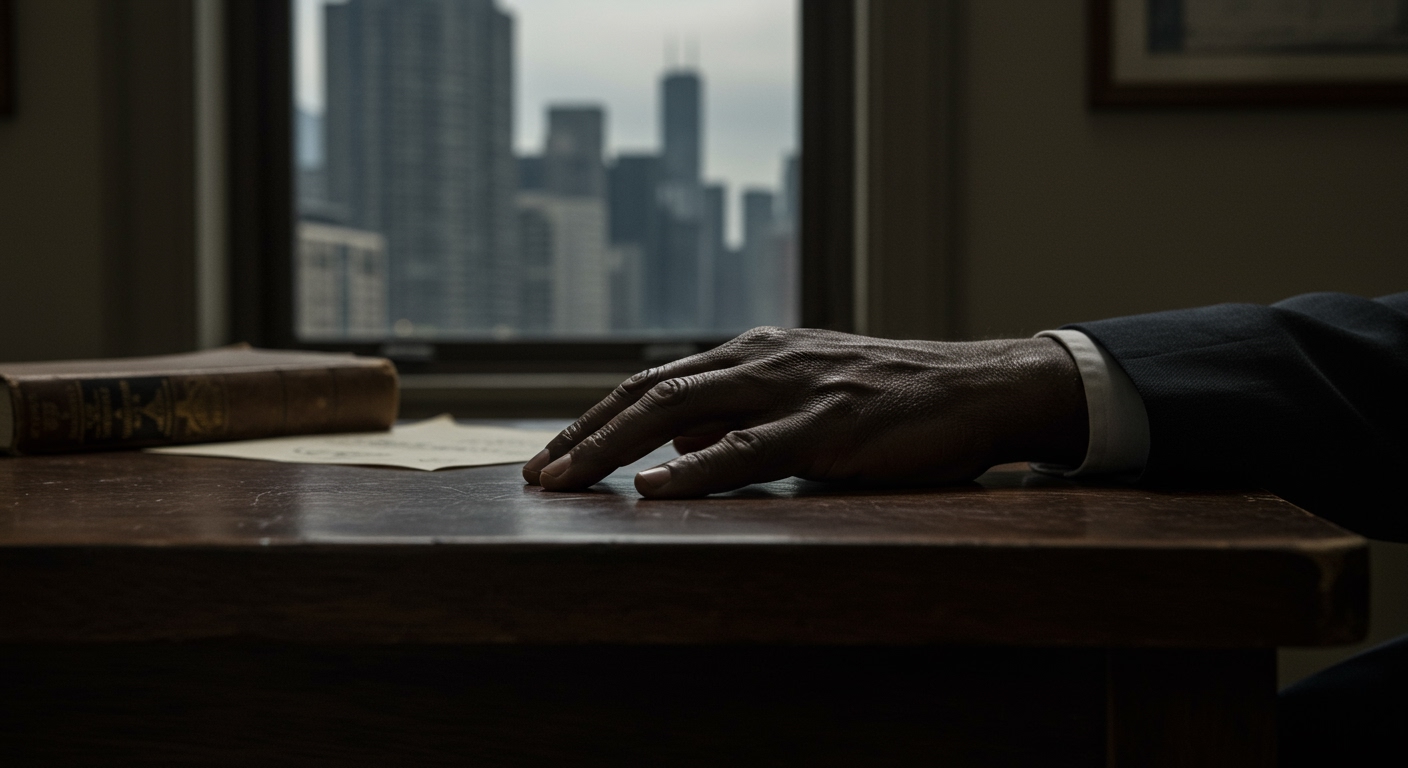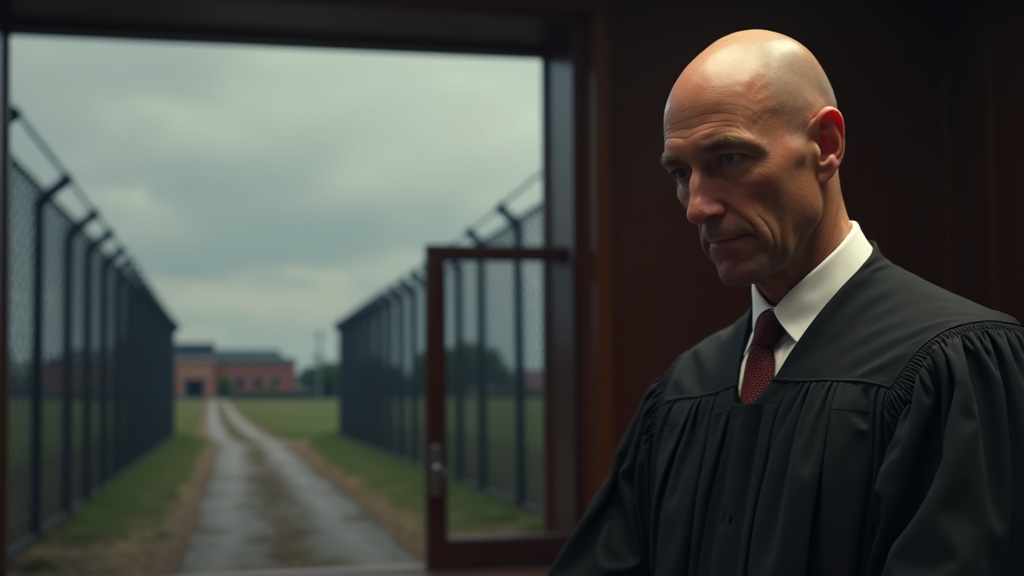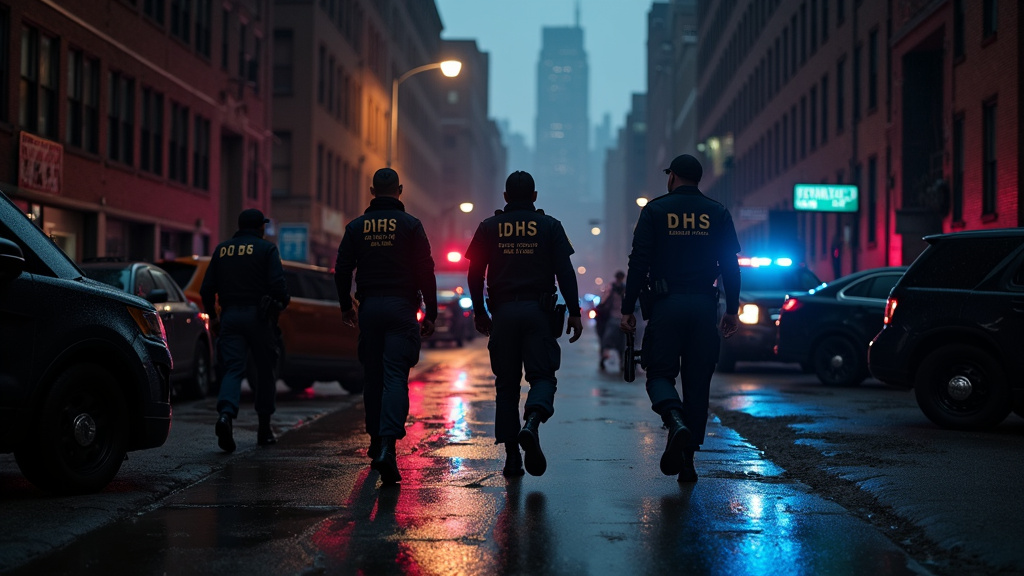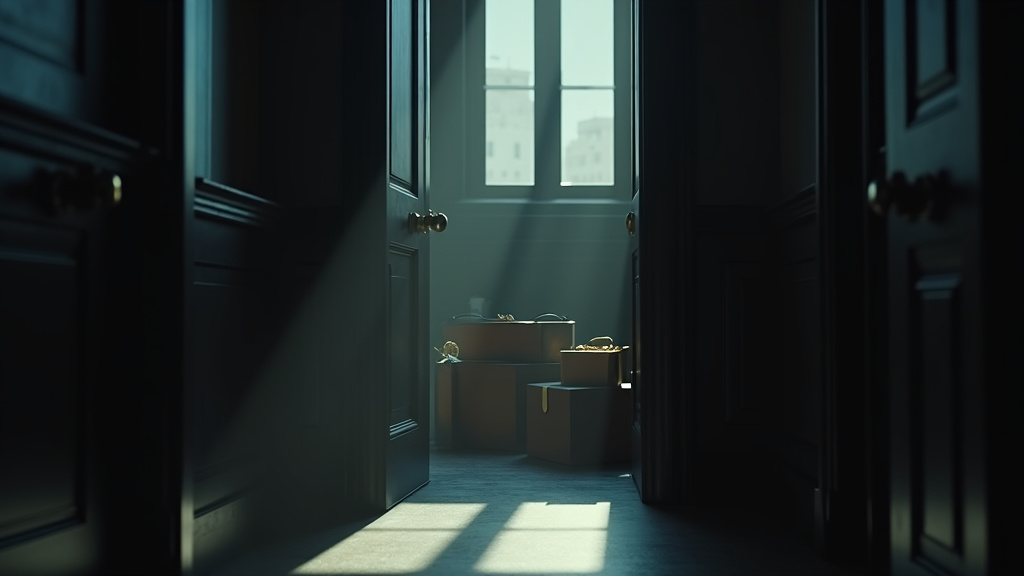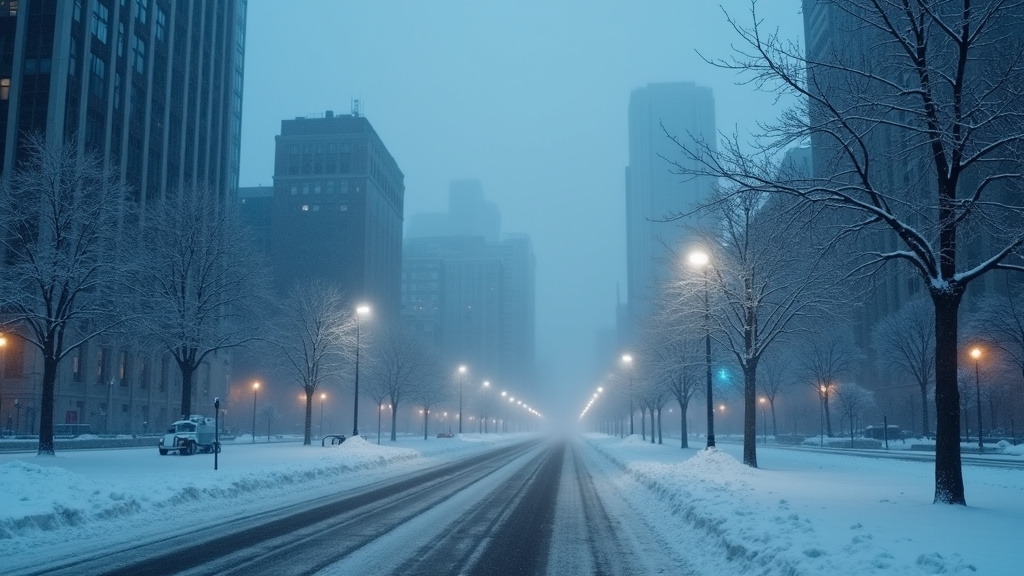Chicago Prepares for Federal Intervention as Presidential Rhetoric Stirs Tensions
Chicago is on high alert as the Trump administration signals an impending federal crackdown, escalating tensions with strong pronouncements on social media. The city is bracing for a potential surge of federal agents and National Guard troops, a move that has drawn sharp criticism from local and state leaders, who decry the rhetoric as inflammatory and unconstitutional.
Trump’s “Department of War” Declaration
President Donald Trump fueled the fire with a series of posts on his Truth Social platform, notably sharing an AI-generated image parodying the movie “Apocalypse Now” with the caption, “‘I love the smell of deportations in the morning…’ Chicago about to find out why it’s called the Department of WAR.” This inflammatory language was accompanied by the moniker “Chipocalypse Now.” The pronouncements came shortly after an executive order to rename the Department of Defense the “Department of War,” a move intended, according to Trump, to project strength. This rhetoric has been widely condemned by Chicago’s elected officials, with Governor JB Pritzker calling it a threat to “go to war” with an American city and Mayor Brandon Johnson characterizing it as “authoritarianism.”
Federal Deployment Plans and Local Opposition
Reports indicate that the Department of Homeland Security has requested staging facilities at Naval Station Great Lakes, north of Chicago, to accommodate approximately 300 Immigration and Customs Enforcement (ICE) agents and potential National Guard troops. The federal operation is reportedly focused on immigration enforcement but has been framed by Trump as a broader crackdown on crime. However, Chicago city officials, led by Mayor Johnson, have issued executive orders preventing the Chicago Police Department from cooperating with federal authorities on civil immigration enforcement. Mayor Johnson has firmly stated, “We do not want or need military occupation in our city. We do not want or need militarized immigration enforcement in our city.”
Crime Data vs. Rhetoric
President Trump has repeatedly characterized Chicago as a “hellhole” and the “world’s most dangerous city,” citing crime statistics to justify federal intervention. However, data analysis from sources like CBS News and The Guardian suggests a more nuanced reality. While Chicago grapples with crime, official statistics indicate that violent crime, including homicides and shootings, has seen a significant decrease in 2025 compared to previous years, reaching levels not seen in decades. For instance, homicides in the summer of 2025 were reported as the fewest since 1965. Crime data experts confirm that crime reduction trends in Chicago, while not eliminating the problem, are moving in a positive direction, contrary to the alarmist narrative.
Historical Context and Legal Challenges
The potential deployment of federal troops in Chicago follows similar actions in Los Angeles and Washington D.C. These deployments have faced significant legal challenges, with a federal judge ruling the intervention in Los Angeles illegal, citing the Posse Comitatus Act of 1878, which restricts the military’s role in domestic law enforcement. This historical context of federal intervention in cities, particularly those led by Democratic officials and with significant minority populations, has been criticized as a pattern of overreach and a potential abuse of power. Past federal deployments have been met with protests and legal battles, raising questions about the constitutional boundaries of presidential authority in domestic policing.
Community Reactions and Preparations
Chicago’s diverse communities are reacting with a mixture of anxiety and defiance. The news has sparked protests, with thousands marching against the potential federal crackdown and immigration raids. Community leaders and religious institutions are urging calm resistance and emphasizing the importance of protecting residents’ constitutional rights. The Mexican Independence Day parade, a significant cultural event, was postponed due to concerns over potential ICE operations, highlighting the palpable fear within immigrant communities. Despite the uncertainty, city and state leaders have pledged to defend their residents and resist what they deem an unwarranted federal intrusion.
A Contentious Federal Stance
The escalating tensions underscore a deeply divisive approach to urban crime and immigration enforcement. While President Trump emphasizes a strong federal response, Chicago’s leaders and many residents advocate for community-based solutions and adherence to constitutional rights. The situation remains fluid, with the city and its officials preparing to challenge any federal actions that overstep legal and ethical boundaries, even as the national conversation around crime and federal authority intensifies. The news surrounding Chicago’s impending federal scrutiny continues to trend, with many watching closely for further developments.


